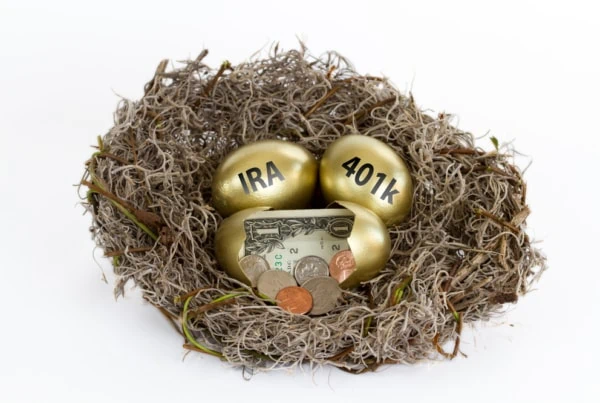Do you have childhood memories of embarrassment that you had to wear secondhand clothes or play with thrifted toys?
Well, with thrifting becoming more popular, it’s increasingly likely that you don’t. According to the 2023 OfferUp Recommerce Report, more than three-fourths (76%) of surveyed Americans say the stigma around secondhand shopping has decreased. In fact, 41% of respondents went as far as to say that buying pre-owned items is considered a “status symbol.”
People thrift for different reasons. Some do it because it’s a more sustainable form of consumption, while others prefer vintage items to today’s styles. But the most common reason to thrift is suggested by the very name: saving money.
But they’re secondhand shops, not free shops. They need to make money just like other stores, so prices there have gone up, making it more difficult to score great deals … but not impossible.
Today, I’m going to go over some of the best ways to save even more money at thrift stores. These tips will help you stretch your dollar to the max and make the most out of every shopping trip.
How to Cut Down on Thrift Store Costs
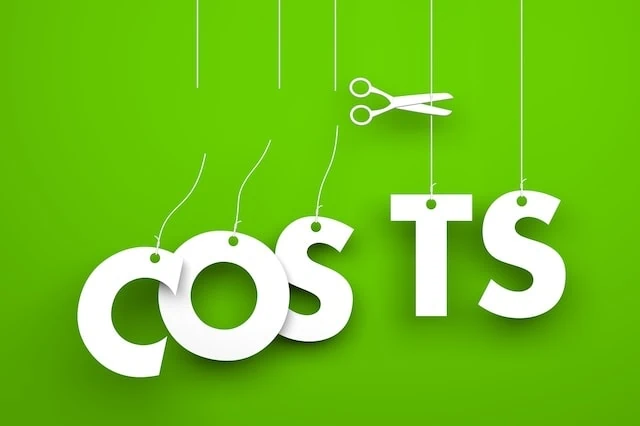
Secondhand stores can help you save a lot of money—and plenty of us frequent them.
In a survey conducted by Censuswide, on behalf of global online fashion marketplace Depop, more than half of shoppers (53%) said they bought more secondhand clothes to save money. And Depop research shows that buyers can save up to 25% per item by shopping secondhand.
Saving 25% is nice, but that’s not the ceiling. Use the following strategies at thrift stores to try to lower your costs even more.
1. Carefully Choose Your Thrift Stores / Price-Compare

Believe it or not, the pricing at thrift stores can vary substantially. So if you have more than one thrifting option, compare prices at different thrift stores.
Usually, stores whose items come from donations will be cheaper than stores that pay for items. Consignment stores, which sell secondhand objects on behalf of the original owner for a commission, tend to price items higher to cover this expense. The options are also more curated, which takes extra time and effort.
Meanwhile, stores whose items come from donations will typically be cheaper because they have lower overhead costs and they pass those savings on to customers.
However, even among these types of stores, you’ll find some variation.
For example, the Goodwill closest to me currently prices most tops of well-known brands at $8. Meanwhile, the local Dig & Save Outlet Store by St. Vinny’s Thrift Stores charges $1.50 per pound for clothes, regardless of brand, meaning a shirt would cost around 50 cents. There’s a downside: You need to dig through bins rather than sift through nicely hung clothes. But if price is your biggest priority, one of these stores is the clear winner.
So, don’t assume all thrift stores have similar prices. Shop around.
Related: 10 Items You Should Always Buy Used
2. Choose Which Days You Shop Strategically

Every day is a sale day at a thrift store … but some thrift stores set days of the week when certain items are priced even lower.
For instance: Goodwill locations typically give shoppers half off items with a designated color tag. In many locations, the discount is only good for one or two set days of the week, though some locations keep the discount all week long. So, say, you might pay full price for an item on Saturday, but that item might have a yellow tag on it on Sunday, when all yellow-tagged items are 50% off.
Some serious thrifters sniff out which days new inventory is typically put on the floor, and specifically shop on those days to get the best-priced items before someone else snatches them. Different employees set different prices, and sometimes, an employee might mark a designer-branded item at a low price right away because they’re unaware of that designer.
When you shop can affect how much you pay. So if possible, figure out which days can yield the best deals.
Related: Frugal vs Cheap: What’s the Difference?
3. Ask for Applicable Discounts
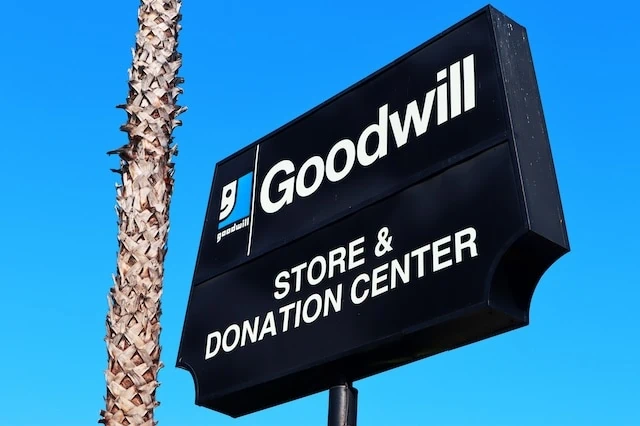
Are you a senior citizen, veteran, student, or part of any other group that often receives discounts? Your local thrift stores might be willing to give you a discount as well.
Some Goodwill locations (including those in my area) offer 10% off to all active military, veterans, and spouses with a valid military ID. Seniors who are at least 55 years old get 10% off on Tuesdays, and students and teachers get 10% off on Thursdays with a valid ID.
Don’t be shy to ask about any discounts for which you might be eligible. But keep in mind that chain stores can have varying policies at their different locations, so just because you received a discount at one store doesn’t mean you’ll necessarily get it when visiting a friend in another city or state.
Related: 12 Free Things for Seniors
4. Join a Thrift Shop’s Email List

Your email inbox might already feel like a jungle. But if you want the best thrift shop deals, consider joining a store’s email list so you can take advantage of any special offers or promotions they advertise.
Earlier this year, my friend shared with me an email for Goodwill Week that offered 20% off a purchase of $25 or more. This wasn’t posted anywhere in the store. It was only for people who knew about it and had the special barcode to scan.
Plus, you could use the 20% discount on items that were already marked 50% off for the weekly tag color. Remember how most of the shirts cost $8? Combining both deals, those shirts then only cost $3.20 apiece.
And there’s not much risk here. If you sign up for thrift store emails and never receive any good coupons, you can always unsubscribe later.
Related: 10 ‘Frugal’ Habits That Aren’t Actually Saving You Money
5. Get Punch or Points Cards
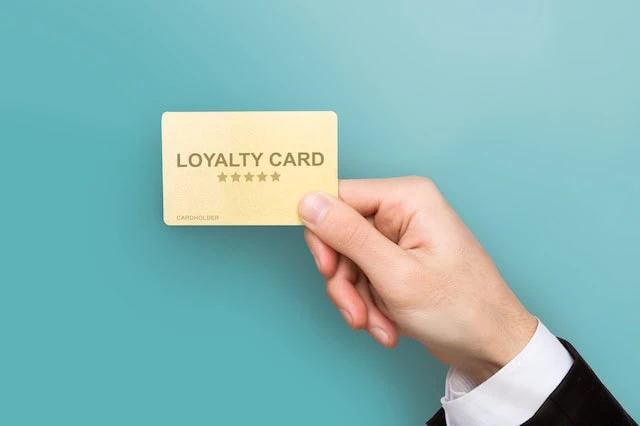
Punch cards—they’re not just for free subs anymore!
Some secondhand stores offer punch cards or cards that allow you to accumulate points. Once you rack up enough purchases or points, you get a discount on your next purchases. How much you must spend before receiving a discount, and what that discount amounts to, varies by store and location.
For example, Agrace Thrift near me has a Shopper Club Card that gives you a punch for every $10 spent. After 14 punches (meaning you’ve spent $140), you get $10 off your next purchase. Alternatively, Savers’ thrift stores give you a point for every dollar spent in their stores. Once you reach 100 points (meaning you’ve spent $100), you receive a coupon for 20% off a future purchase up to $100.
Related: Want to Become More Minimalist? Start by Tossing Out These Items
6. Turn Your Donations Into Discounts
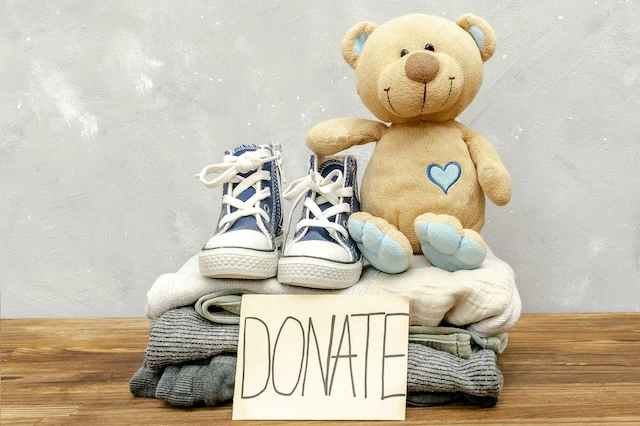
Are you trying to clear up some of your home’s clutter? Don’t just hand it to a thrift store worker and walk away. Some thrift stores will give you a store discount if you bring in donations.
Even if your store doesn’t offer that perk, there is still a potential monetary benefit to your donations. Household goods and clothing that are in good condition are entitled to a federal tax deduction. But keep these things in mind:
- This only applies if you itemize deductions. If you take the standard deduction, you can’t receive a deduction for charitable contributions or donations.
- To get the deduction, you must fill out a paper donation form from the thrift store.
- Estimated donation values will typically be low. But if you have several big-ticket items, it might be worth your time and effort.
Related: What is the Standard Deduction?
7. Make a List of What You Need

One of the best ways to save money at a thrift store is to make a list and stick to it.
Sometimes, people simply can’t resist a great deal, regardless of whether they need what’s on sale. You might see a $5 cashmere sweater and feel the need to buy it—even if it’s not your style, or even if you don’t need a sweater. But its relative rarity makes it more desirable. Thrift stores aren’t like department stores that carry dozens of every garment. That sweater almost certainly won’t be there the next time you come back.
Buying items you can’t need can become a cycle. Says James Clear: “The Diderot Effect states that obtaining a new possession often creates a spiral of consumption which leads you to acquire more new things. As a result, we end up buying things that our previous selves never needed to feel happy or fulfilled.”
You can’t wear that cashmere sweater with your old, ripped jeans, so now you need some nice pants to pair with it. Maybe a scarf, too. The look might need a hat. Do you see where this is going?
Plenty of us buy clothes we don’t need. Statista Consumer Insights shows that nearly a quarter of women (23%) and almost a fifth of men (19%) admit to buying clothes they never wear.
So if you’re at a thrift store for something specific, stick to the plan. Don’t browse other aisles, and don’t grab anything near the register.
Related: Consumers Should Avoid These 10 Products at Walmart
8. Try Thrifting Online

Everything is online nowadays—even thrifting!
Secondhand purchases don’t need to be made in person. According to Capital One Shopping research, more than a third (38%) of online shoppers bought something from an online resale marketplace in 2022. And online preowned clothing shoppers are expected to spend an average of $788 per year by 2025.
There are a couple of reasons why doing your thrifting virtually can save you money.
To start, you might be less likely to make impulse purchases online. Online shopping gives you more time to think; there’s no rush to make a decision before leaving a store. A Kantar survey found that respondents were less likely to make impulse buys online compared to brick-and-mortar stores. The rate of impulse purchasing among all participants was 79% for physical stores, but just 58% for online shopping.
Online thrift shopping also gives you the opportunity to compare prices. For example, you might have your eye on a designer dress; well, you can search various online thrift marketplaces to find the sellerYou could search various online thrift marketplaces to find the seller offering the lowest price.
Related: 15 Best Income-Generating Assets [Invest in Cash Flow]
9. Work a Few Hours at a Store

Want to earn some extra cash and save money at the same time? Consider working a shift or two a week at a thrift store. That’s because many thrift stores offer employee discounts; for example, Goodwill locations often give employee discounts between 15% and 25%.
Workers also have the opportunity to see new items as they arrive to spot the best deals. Some stores have a policy that items need to be available to customers for a predetermined amount of time before employees buy them, but as soon as that wait period is over, you can snag your favorite items. You’ll also be privy to when new items are put out, what dates items will become discounted, and other useful information.
This could be a great gig for a college student or someone easing into retirement.
Related: 10 Senior Discounts for Restaurants + Grocery Stores
10. Apply for Thrift Store Vouchers

Anyone who isn’t just frugal, but truly in need of specific items, can sometimes obtain vouchers from thrift stores. For instance, St. Vinny’s thrift shops near me offer $50 clothing vouchers for eligible adults in need and $30 vouchers for each eligible child. Some people qualify for a voucher every six months. These stores can also provide free, basic furniture to people transitioning out of homelessness or having otherwise difficult times.
These services aren’t unique to my city. Select thrift stores across the country offer vouchers to the people who need them most. Who qualifies, the dollar amount given, and which items are eligible will vary by store.
Check a thrift store’s website for a voucher form (if available) or find a phone number for inquiries.
Most importantly: Don’t be embarrassed to ask for help when you need it.
Related:




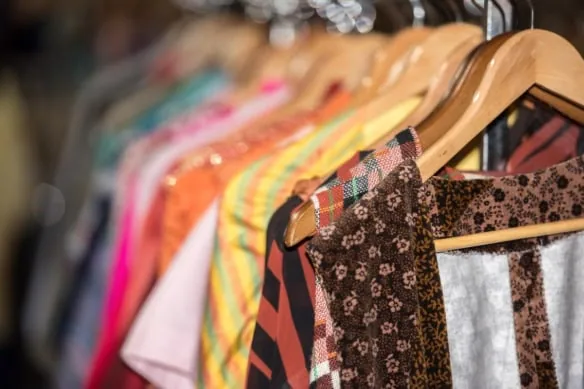

![Should You Max Out Your 401(k) Each Year? [Yes...and No] 25 should you max out your 401k each year or invest elsewhere](https://youngandtheinvested.com/wp-content/uploads/should-you-max-out-your-401k-each-year-or-invest-elsewhere-600x403.webp)
